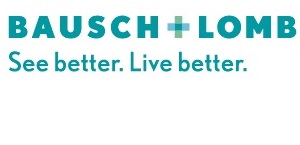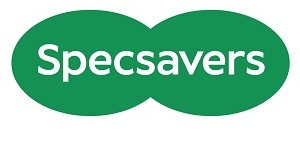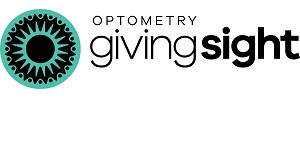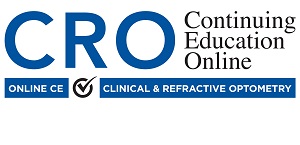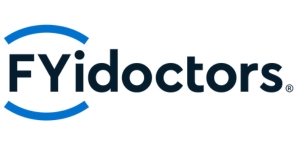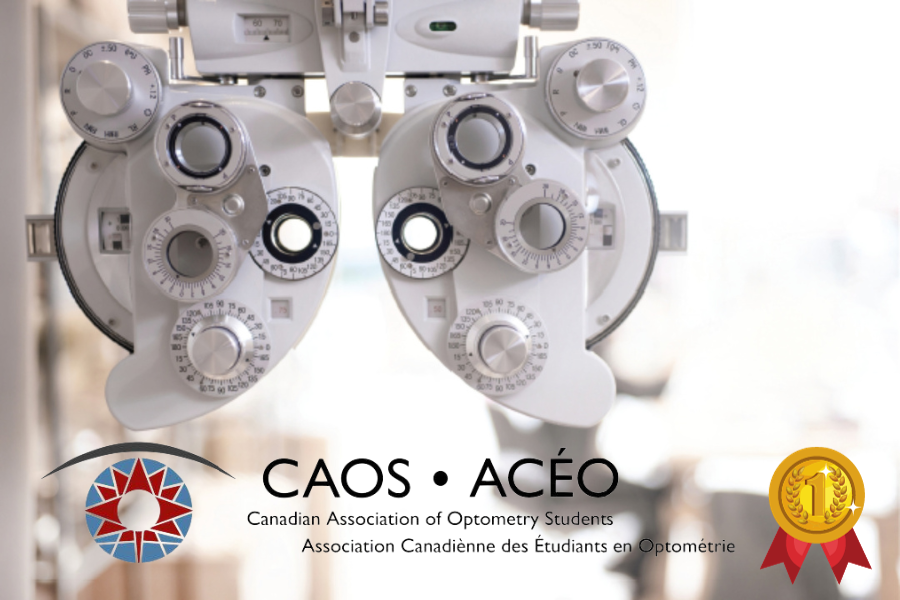
An initiative proudly sponsored by NextGenOD and Eye Care Business Canada, The Canadian Association of Optometry Students (CAOS) has revealed the winners of the APERTURE 2022-23 Writing Contest. Selection was conducted via an anonymous voting system by the CAOS communications directors and approval from the CAOS executive team at the University of Waterloo. We’re delighted to highlight the first-place essay, “Lessons from a Superfield Lens,” penned by then 4th-year student Jenny Lee. Her engaging piece features an imaginative dialogue with optometric instruments, exploring the symbiotic relationship between technology and human skill in the field of optometry.
If you had told me a few years ago I would be replaced by what they call an “auto-phoropter”, I would have derisively slotted some headache-inducing Risley prisms in front of your eyes.
I mean, how ridiculous does that sound? An auto-phoropter? I’ve stood the test of time and I get the job done. When people think optometry, they think of me. The classic, satisfying feeling of each click as the doctor asks “one, or two?” is nowhere nearly as rewarding as the lack of tactile feedback from an adjustment on a screen.
Here I am, watching as my prized spot in the clinic is overtaken by that new, glossy, shiny… thing.
I tried not to sulk, I really did. I kept quiet, stopped myself from unlocking my grip on the stand so I could swing angrily into students’ heads as they tried to grab the stand light beside me. To be fair, Mr. “high-and-almighty” slit lamp glared daggers at me (without even a diffuse filter on, the nerve!) for me to finally cave in, but I won’t tell them that.
Weren’t the students worried about being replaced by technology? I’d certainly never do that to them. I panicked on weekends, wondering when it would be the last time my covering was removed before being shipped off elsewhere.
It had been an especially rough week when I overheard whispers from the clinic supervisor that I was to be replaced with the school’s new auto-phoropters. It felt like a death sentence, like standing on the edge of the precipice between comfort and complacency versus the melancholy realization of no longer having a purpose.
As luck would have it, though, a third-year had left their fundus lens on the slit lamp table overnight, temporarily forgotten.
“What is it like, knowing that you might be replaced by a new-age OCT or camera someday?” I asked in my desperation for some company.
“Replaced? What do you mean?” it replied.
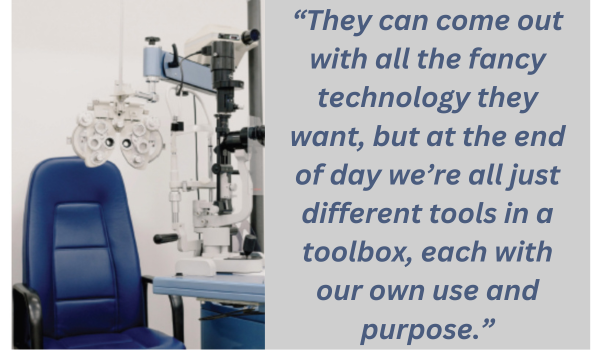
“Well, sure, you give stereo vision now, but fundus cameras with stereo features already exist in this clinic,” I remarked. “It’s only a matter of time, isn’t it?”
If it were possible for a lens to chuckle, it did. “I’m not getting replaced anytime soon. And even then, when I came out, everyone thought I would replace my predecessor, the 90D. Ultra super wide field views can’t be compared! They said. But really, we each serve our own purpose. I give the wide views, and 90D helps with undilated patients.
They can come out with all the fancy technology they want, but at the end of the day we’re all just different tools in a toolbox, each with our own use and purpose.”
It was at that moment I chose to be vulnerable. “I’m worried about being replaced, though,” I admitted. “Once they roll in those new auto-phoropters, I’m done for.”
“I wouldn’t be so sure,” the lens replied.
And so here I am, the moment finally here – watching as a new era of change sweeps its way into preclinic, changing the course of education for a new batch of students. I brace myself for the moment I’ve been waiting for this whole time. Except it never comes.
When I’m next uncovered, I recognize the familiar surroundings of the school’s newer preclinic rooms. A furtive tilt to my right reveals a paper taped onto the clinic wall – Binocular Vision Lab – Vergence Testing.
It seems like the Superfield lens was right. In my grievances over the idea of a new phoropter being present, I’d forgotten that things never truly get replaced – just like how the Goldmann tonometer fretted over the new iCare probe and ended up sticking around anyway.
So when I next saw an auto-phoropter getting carted in past me, I didn’t worry. Like me, it has a place.
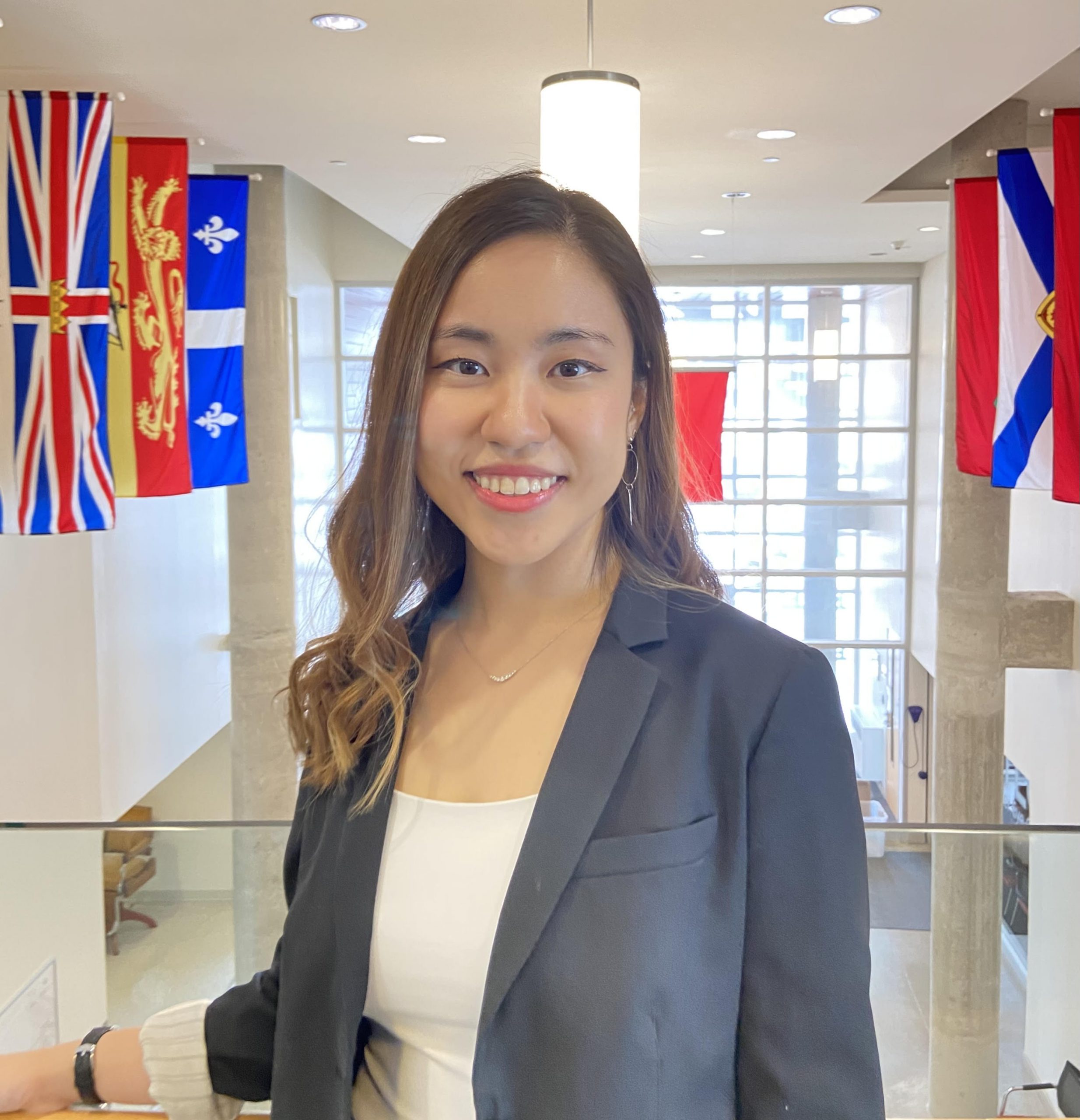
JENNY LEE, OD
Vision Science Assistant Editor, CRO Journal
Jenny Lee is an onboarding resident with the University of Waterloo School of Optometry and Vision Science.
She is a recent 2023 graduate and is passionate about pediatrics and vision therapy.












